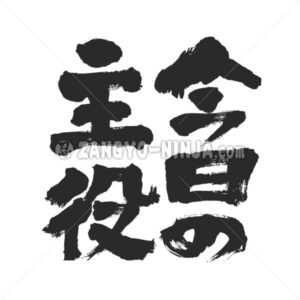
At events and celebrations, it is a word given to the hero or leading figure of the day. It is effective when you want to liven up the place by using it for awards, birthday celebrations, etc., or when you want to thank the main person. Japanese calls “Kyo no suta” in Kanji and … Read More
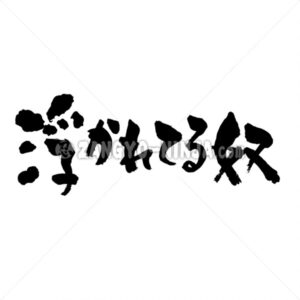
Someone who is cheerful. A person who is happy and excited. Someone who is fascinated by the fun. Japanese says “U ka re te i ru yatsu”.
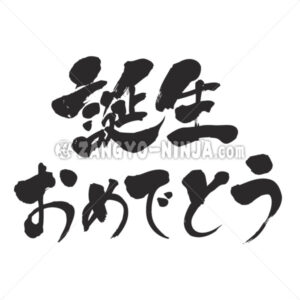
Baby birth celebration. A congratulatory message for the baby who were born. A word to congratulate you on being born in a new life. Japanese calls “Tan jo o me de to u”.
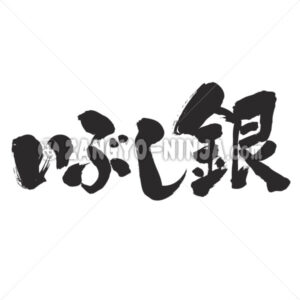
1. There is no glamorous appearance, but something that makes you feel attractive. 2. The silver itself and its color that has been oxidized. Silver is covered with silver sulfide over the years by sulfurizing the surface by chemical reaction. Japan call “I bu shi gi n” that it’s in Japanese Hiragana and Kanji.
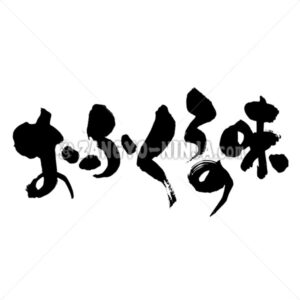
A term that refers to home cooking experienced during childhood, or the taste formed thereby, and dishes that evoke them. Japan call “O fu ku ro no aji” in Japanese Hiragana and Kanji.
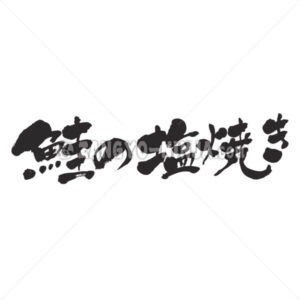
Sprinkle sake, sprinkle with salt, leave for about 10 minutes, and gently dampen the water that has come out with a kitchen paper. [Note] If placed too long, the body becomes hard. Spread the cooking sheet in a frying pan, bake the top about 60% on medium heat, turn over and bake 40%. Japanese … Read More
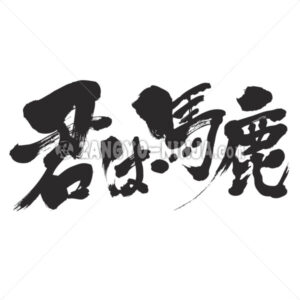
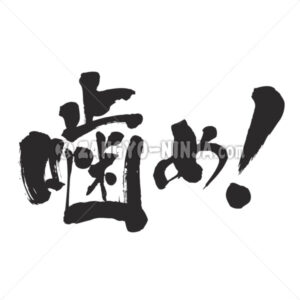
Japan calls “Ka me” in Japanese Kanji and Hiragana. 1. With the upper and lower teeth, they crush and crush things. 2. In between the upper and lower teeth, it hurts. 3. The teeth of the two gears are aligned. 4. The water of the sea and the river rushed up. 5. Join as … Read More
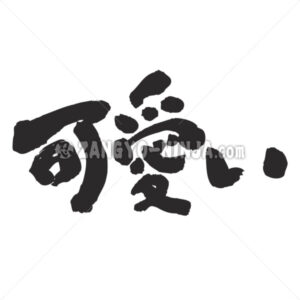
1. lovable especially in a childlike or naive way. 2. pleasing by delicacy or grace. 3. appealing to the emotions as well as the eye. Japanese says Kwaii
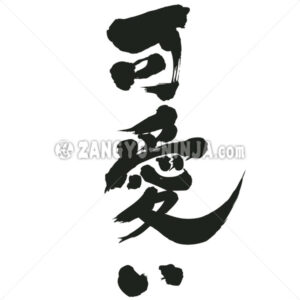
It’s means pleasing by delicacy or grace. And pleasant or pleasing or agreeable in nature or appearance. Japanese says Ka-Wai-i.

